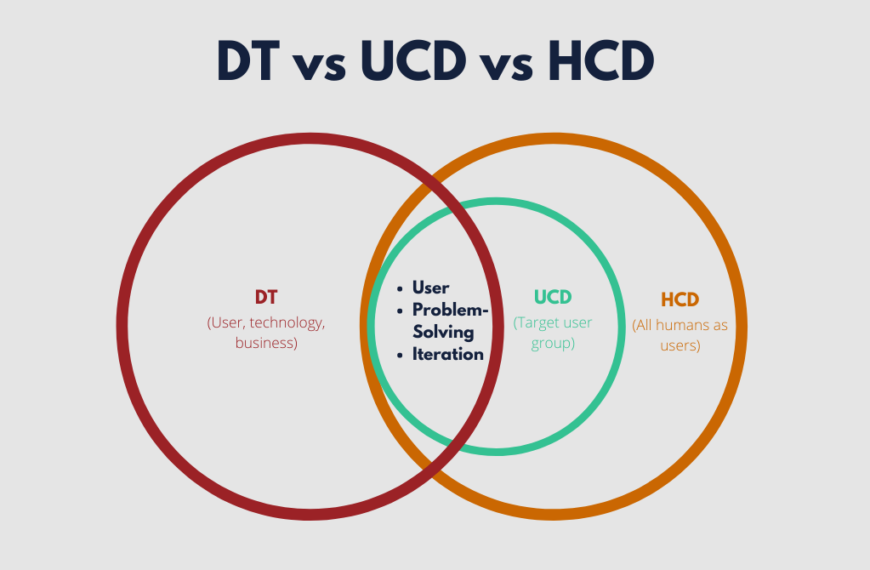Supposing is good, but finding out is better.
– Mark Twain.
The above quote encompasses all that is true about the importance of User Experience (UX) Research. It is common knowledge that building the foundation of a successful business starts with listening to your customers. It is tempting to avoid ‘wasting time and money’ on user research and start building the product based on your ‘gut feeling’. However, as JH Forster (VP Product, User Interviews) notes, “Building the wrong thing is always more expensive”. Talking to your users unlocks the deep insights that will help you make better design and product decisions. Good user research emboldens you to create the right product for your users.
In the blog, I will cover the following:
Let’s get started!
What is UX Research?
UX design is all about prioritising users, and UX research helps designers understand the users’ actual needs and motivation through a cycle of observation and feedback. A product should always be built upon a strong foundation of facts gathered through UX research and not assumptions made on account of the end-users.
UX research highlights the critical difference between what a product team thinks a user wants and what the user needs before making an ineffective, expensive and time-consuming product.
What’s next in UX research? Take a look:
Benefits of UX Research
UX research, when done right, can help reduce uncertainty and ambiguity in terms of what the users want and need. It yields benefits for the product itself, the business as a whole, and the users. UX research helps to:
1. Understand the users
The first step of the Design Thinking process is to ’empathise’ with the users, and there is no better way to do this than by conducting UX research. UX research helps the product team understand the product’s real users, what they want, and their pain points.
2. Design a usable and useful product
A well-designed product is characterised by its usability and usefulness. No one wants a product that is unpleasant to use or does not solve any real problem. UX research helps shortlist product ideas and features to create a product that users genuinely want.
3. Roadtest your design in real life
There is no better way to test a product prototype than to put it in front of a user who may be asked to use the real thing in the future. Testing your designs with users provides an objective insight into your design and can help highlight any roadblocks or problems the product team might have missed. It is also a great way to recognise what is done well and provide encouragement to proceed in the right direction.
4. Set your product up for success
Iterative user research and testing give your product the best chance for success. Well-conducted UX research helps validate ideas at each stage of the product development lifecycle and allows the product to adapt to any changes and improvements. These refinements provide the product with the best chance of success.
5. Reduce development time and save money in the long run
It is often costly to fix development problems after significant time and money have already been invested in creating a poorly-researched product with an unideal solution. A clear vision of the product and its features can streamline development efforts and eliminate redesign costs by not spending time creating something no one wants.
6. Solve differences of opinions
UX research helps answer an ever-present question, “What should we do now?”. The concrete outcomes of UX research can help solve the difference of opinions amongst product team members who might be struggling to make confident decisions.
In a nutshell
So, why should you do UX research? At the very least, UX research will help you validate any design or user assumptions and help you avoid expensive missteps in the future. More likely than not, UX research will help you gain invaluable insight into your target user groups, which would have otherwise been overlooked.
In the words of Neil Turner, founder of UX for the Masses,
“Good user research is key to designing a great user experience. Designing without good user research is like building a house without solid foundations—your design will soon start to crumble and eventually fall apart.”
-Neil Turner


